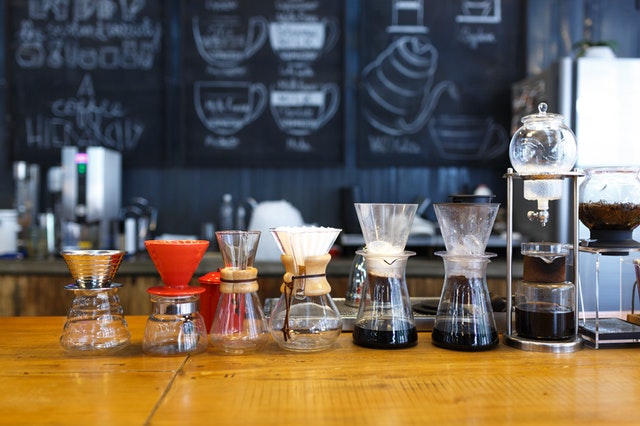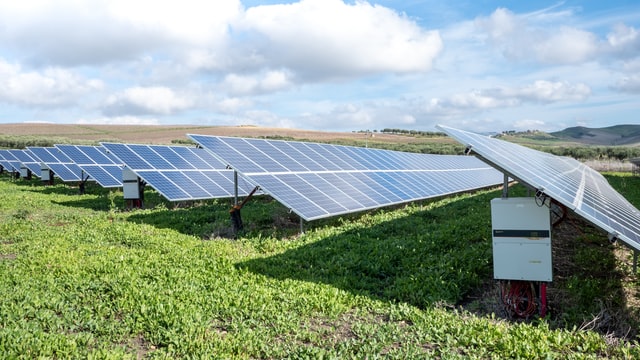
Coffee has become a mainstay in many people’s lives across the globe. People visit coffee houses to catch up over a sip of their favorite brews. This trend has provided entrepreneurs with an opportunity to capitalize on the growing demand for coffee shops and cafes. However, it’s no secret that some of these outlets have contributed to the increased carbon footprint across the globe. Despite the challenges faced when running an environmentally friendly and ethically-sourced coffee shop, it’s possible to do and earn a profit in the process!
As a business proprietor, you can make several minor adjustments in your business to ensure a cleaner, greener, and more sustainable coffee shop. Here are a few ideas to consider:
Source Sustainable Coffee Beans
The greatest selling point for any coffee shape is the quality of their coffee. However, it’s best to consider environmentally conscious growers with green credentials when sourcing your organic coffeebeans. Several growers claim to have green credentials; however, it’s best to go with certified options like Rainforest Alliance, Organic, Fairtrade, and UTZ. These options are known to have met strict stands laid for environmental and social practices.
Replace Single-Use Plastic
In the past, most coffee shops were characterized by single-use plastic coffee cups and plates. However, to run an environmentally friendly shop, it’s best to eliminate single-use plastic. Instead, use wooden stirrers, paper straws, compostable cups, lids, and plates. This way, you can effectively help reduce the global carbon footprint through your small contribution. Ethically, you should consider working with suppliers who are forward thinkers and focused on sustainable business and doing their share to help rid the world of plastic.
Invest in Low Energy Coffee Machines
Making coffee is an intricate process involving different appliances. With this in mind, you’ll want a zero-emission commercial coffee roaster to get the beans ready and a low-energy espresso machine to brew the coffee. Being a coffee shop owner means these machines are bound to operate the whole day, consuming large amounts of power. When shopping around, be sure to go for models with five-star energy ratings. This way, you can reduce your utility bills, lower carbon emissions, and still provide customers with excellent coffee.
Use Upcycled Décor
A coffee shop’s décor should be inviting and relaxing for the customers to enjoy their coffee. Upcycling can be a great way to add personality to your shop while reducing waste. Upcycling can include reusing old tins for potted plants, furnishing using vintage chairs and stools, or creating cushions using coffee sacs. Regardless of what you decide, you can be creative with the designs to give you the chic and calm ambiance you need in a coffee shop.
Shop Local When Possible
Opting to buy locally when possible is also a good way of running an environmentally-friendly and ethically sourced coffee shop. By buying from the locals, you can effectively support the local economy and provide the locals with an opportunity to grow. This is also an effective way of reducing the carbon print since you don’t have to go for industrially packaged milk or coffee beans. However, when shopping locally, be sure to go with suppliers adhering to strict standards regarding social and environmentally friendly practices. Examples of local sourcing are buying milk from a local farmer or getting your beans from the local roaster.
Offer Water to Customers
Coffee is known to dehydrate, especially when consumed in large quantities. After drinking coffee, most people buy water to replace the lost water. However, they tend to buy water in plastic bottles. Instead of focusing only on the profits, you can consider putting tap water and reusable glasses on the tables. This way, your customers can get water without buying water in plastic bottles. This may affect your sales; however, it’s an effective way of reducing plastic consumption. Aside from that, it is also a good gesture to the clients.
Choose an Eco-Friendly Waste Management Company
Working with eco-friendly waste management companies is one of the most significant steps towards running an environmentally friendly coffee shop. Choose a company with a proven reputation for proper waste disposal practices. The company should also be focused on reducing the region’s carbon footprint andc promoting sustainable and ethically-sourced businesses.
As stated before, these are some of the adjustments you can make in your coffee shop to ensure you are running a sustainable business.



